What To Do If Your Cat Foams At The Mouth? First Aid Manual
If you're a novice cat parent, seeing your cat suddenly foam at the mouth can be scary. This could be due to simple gastrointestinal discomfort or a more serious condition. Here's how to respond calmly and effectively.
1. Sudden Foaming: 3-Step First Aid Method
Create a Safe Observation Area
Move your cat to a quiet, dim room. Eliminate strong light and noise. Record the vomiting with your phone, focusing on foam color (clear/yellow/bloody), frequency, and limb movement. This helps vets diagnose better than verbal reports.
Scientific Fasting and Water Restriction
Stop feeding for 4 hours and restrict water for 2 hours. Clean the mouth and nose area with wet wipes. If vomiting stops for 6 hours, feed a small amount of plain, sugar-free probiotic yogurt to test digestion.
Carpet-Style Environmental Inspection
Check floors and under furniture for small objects (needles, thread, batteries). Consider changes in litter brands or presence of toxic plants like lilies or monstera.
2. Decoding Vomit: A Guide for At-Home Observation
Transparent Foam + Undigested Food
Likely due to overeating or fast eating. Use a slow feeder and split meals into 4–5 portions. Gently massage the belly if bloated.
Yellow-Green Mucus
Indicates bile reflux or gastroenteritis. Avoid forced feeding. Offer pet-specific electrolyte water in small, repeated doses using a syringe.
White Foam + Frequent Swallowing
May signal hairball or esophageal obstruction. Give 1/2 tube of hairball remedy. If your cat scratches its neck or retches dry, seek X-ray diagnosis within 2 hours.
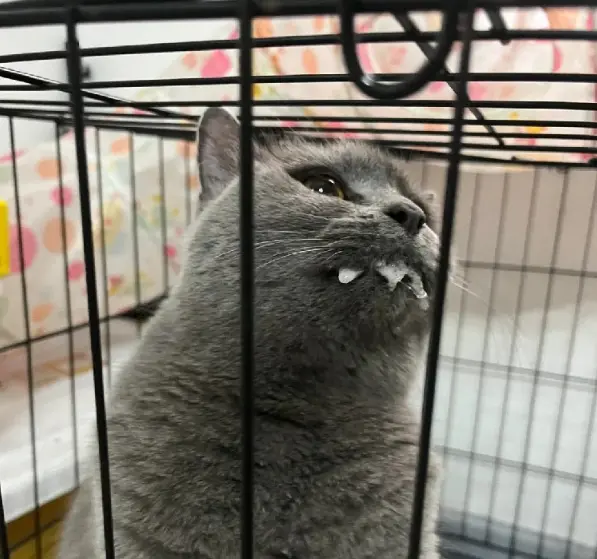
3. Red Alert! Seek Emergency Vet Help If:
Vomiting contains fresh blood (pink) or brown particles
Visible abdominal distension
Weight loss >5% within 48 hours
Neurological signs like wobbling or dilated pupils
Signs of miscarriage in pregnant cats
Kittens (≤6 months) vomiting more than twice
Nighttime Emergency Tip: Call 24/7 animal hospitals or use video consultations to avoid delaying treatment.
4. Prevention: 5 Long-Term Care Strategies
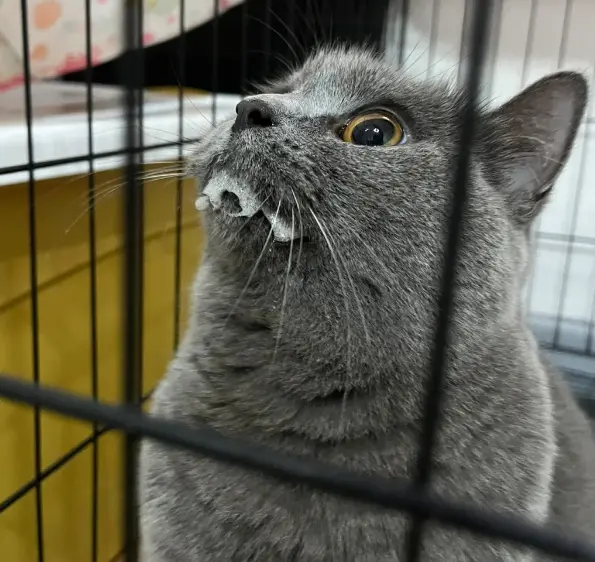
Smart Feeding System
Use an automatic feeder, limiting portions to 20g to prevent overeating from hunger.
Hairball Defense
Offer steamed pumpkin (5g) and cat grass 3x/week. Use psyllium-based hairball food and daily paste during shedding season.
Poison Awareness
Reference ASPCA's poisonous plant list and check your home for toxic greens regularly.
Senior Cat Screenings
Cats 7+ should have abdominal ultrasounds to detect silent issues like pancreatitis early.
Frequently Asked Questions
Q1: What causes foaming at the mouth in cats?
A1: It may be caused by poisoning, dental disease, seizures, or stress.
Everything Our Vets Recommend
Q2: Is foaming at the mouth always serious?
A2: While not always life-threatening, it can indicate serious issues that require vet care.
Q3: What should I do immediately if my cat is foaming at the mouth?
A3: Remove any toxins, keep the cat calm, and seek veterinary attention promptly.
Stress Management
Before moving or introducing new pets, use pheromone diffusers and cardboard hideouts to reduce anxiety.
Conclusion: Be a Prepared Cat Parent
Foaming at the mouth is a warning sign. While home care matters, it doesn’t replace professional help. Combine knowledge with action to protect your furry friend’s health.
You May Like:
- Natural Flea Control for Cats: A Simple Guide for Pet Parents
- How Long Does Flea Medication Take to Work? Updated 2025 Tips
- Flea Spray for Kittens: Best Options and Vet Advice 2025
- Fleas on Newborn Kittens: Complete Treatment and Prevention
User Comments
Does flea treatment kill ear mites too?
Can dogs take human probiotics?
Can dogs have people probiotics safely?
Related Articles
View all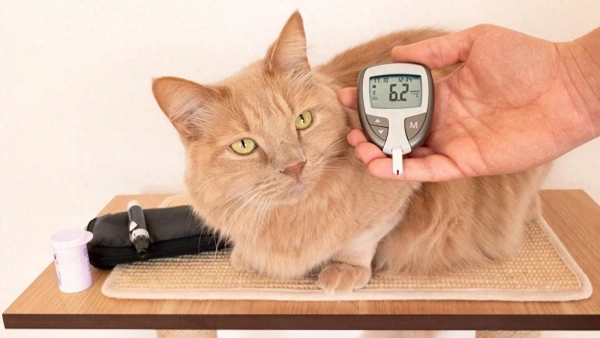
Recognizing the Signs of Diabetes in Cats and How to Manage It Effectively
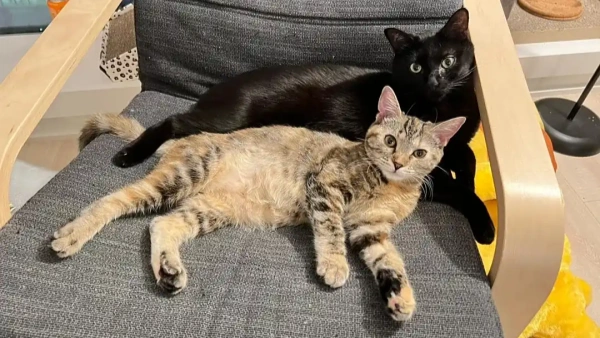
Effective Cat Asthma Treatment: How to Treat Cat Asthma at Home
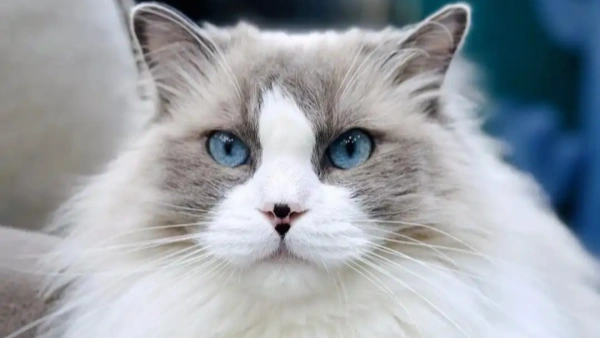
Cat Urinary Blockage and Inflammation: Causes, Symptoms, and Home Care Tips
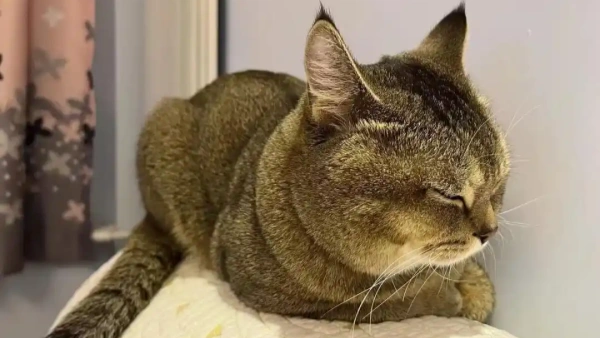
Understanding Upper Respiratory Infection in Cats: Symptoms, Treatment and Home Remedies

Recognizing the Signs of Diabetes in Cats and How to Manage It Effectively

Effective Cat Asthma Treatment: How to Treat Cat Asthma at Home

Cat Urinary Blockage and Inflammation: Causes, Symptoms, and Home Care Tips

Understanding Upper Respiratory Infection in Cats: Symptoms, Treatment and Home Remedies

What To Do If Your Cat Foams At The Mouth? First Aid Manual
Related Articles
View all
Recognizing the Signs of Diabetes in Cats and How to Manage It Effectively

Effective Cat Asthma Treatment: How to Treat Cat Asthma at Home

Cat Urinary Blockage and Inflammation: Causes, Symptoms, and Home Care Tips


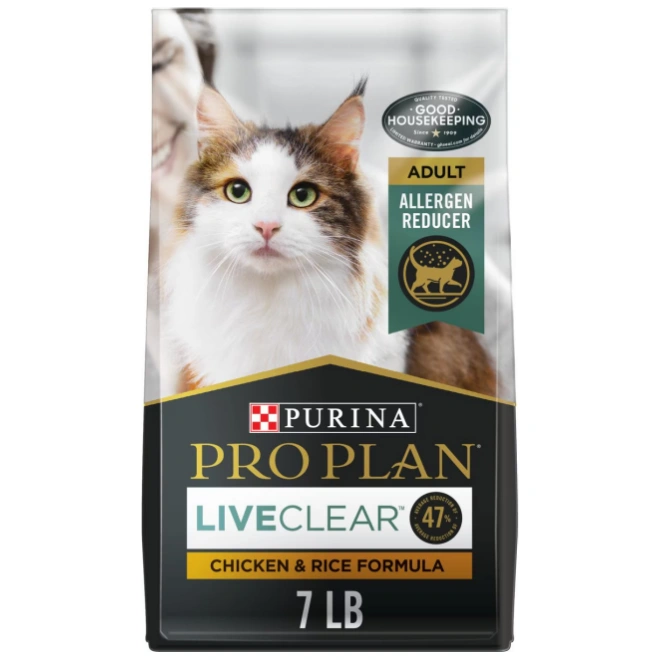
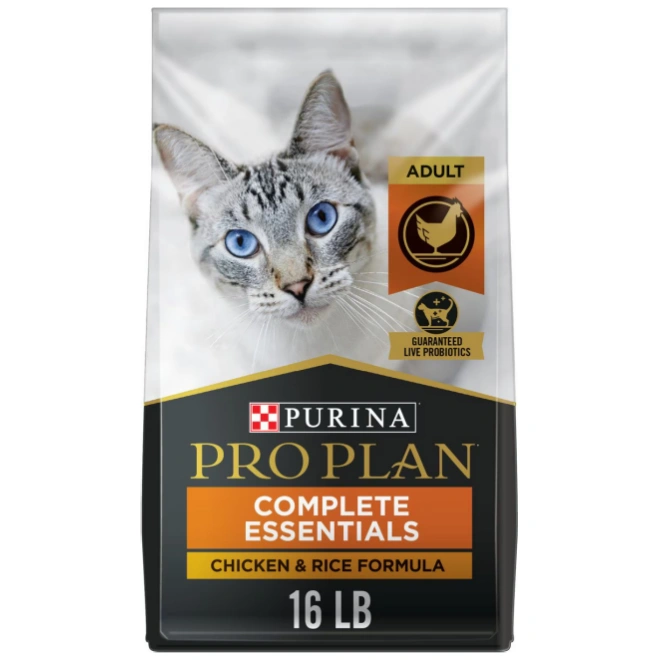
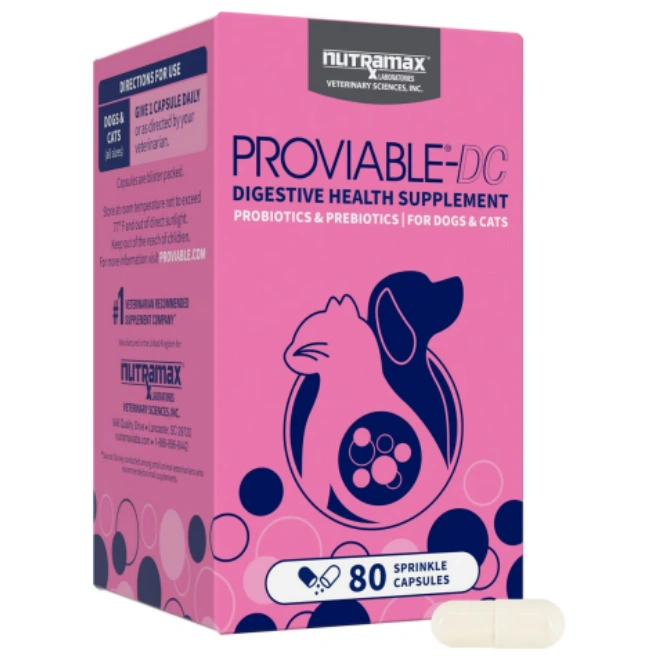
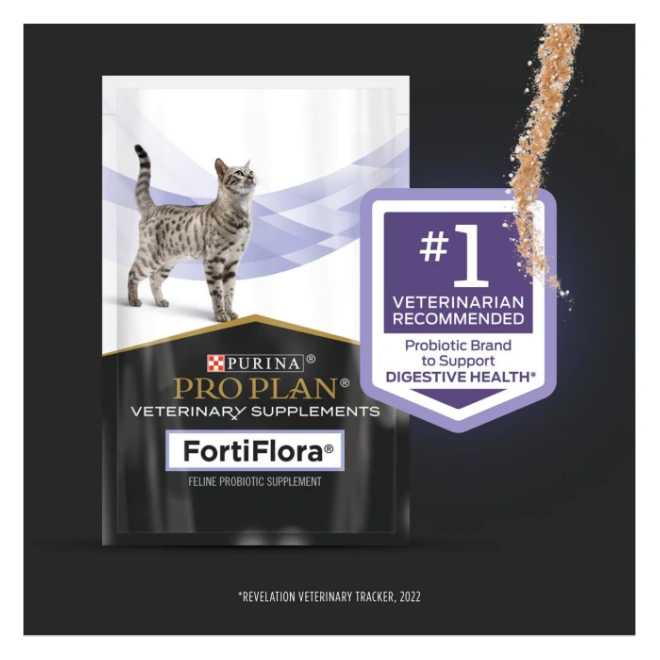








Leave a Reply